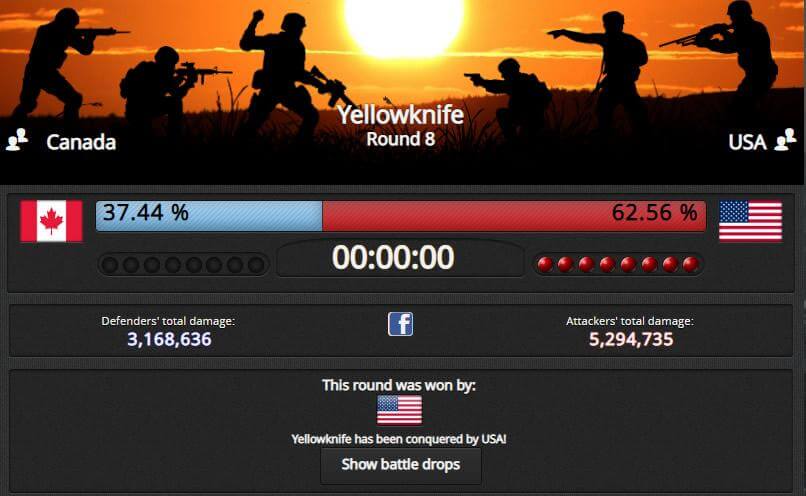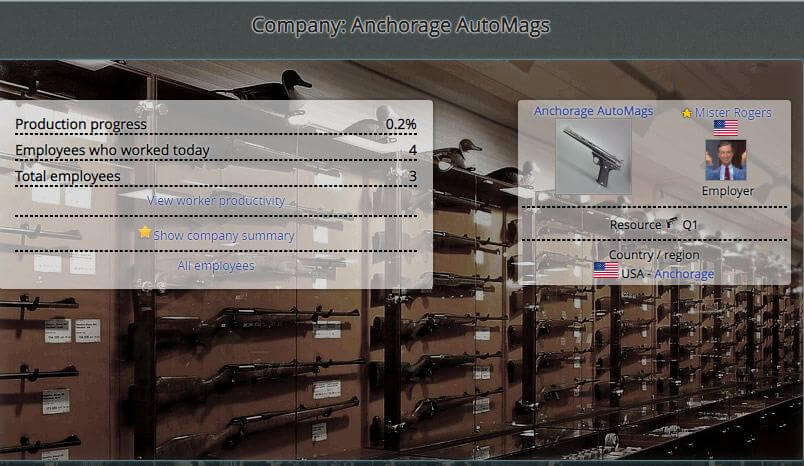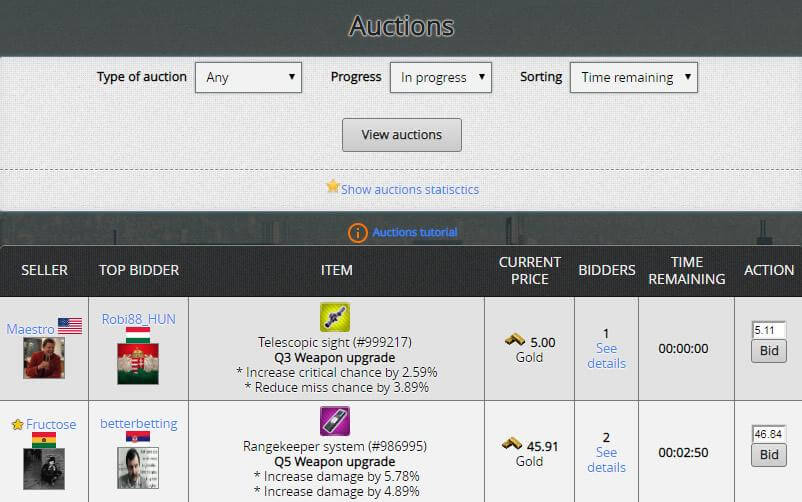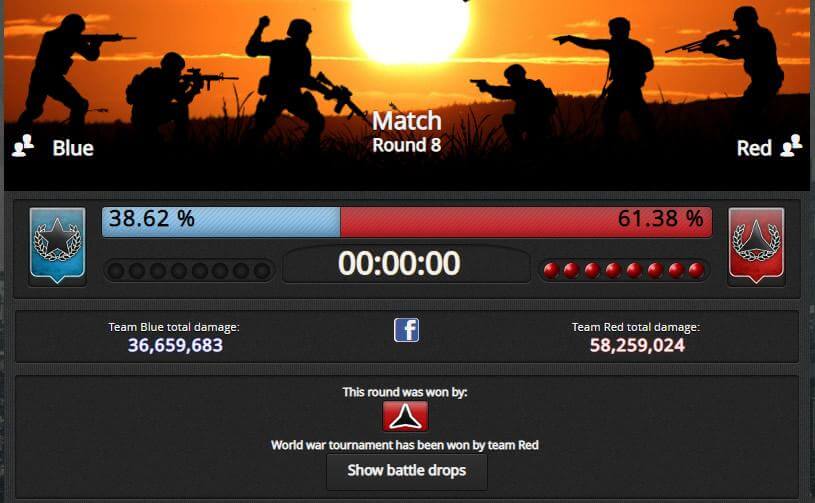Article
|
|
90.69 % | up to you |
|
|
9.30 % | weekly |
| Total votes: 43 | ||
Greetings to fellow comrades, generals, brothers and sisters, and the citizens of the world!
I, Lilith, is back to bring more articles within this busy evening.
I apologize for lack of articles lately. I had to retake final exams of the semester which consumed more time than it should have

German bombers during the Battle of Britain
Battle of Britain (or Operation Sea Lion) was an offensive plan by the Nazis to bomb and invade UK. It was entirely fought by air forces. The name itself came from the famous Winston Churchill speech after the Battle of France. It included the Luftwaffe and Royal Air Force up above the isles of Great Britain. UK, at the time, was the last allied power in Europe after the Fall of France in 1940.
Pre-battle
German actually did not want to invade UK. It hoped that the Fall of France would force UK to agree on some peace settlement since UK now did not have a foothold in mainland Europe. But still, UK had the power to fight back and German wasted a whole month waiting for UK to just surrender. Hitler was pissed and issued the preparation of the operation in mid July, not long after he decided to begin building a plan to invade USSR.

Iconic photo of Hitler after Paris fell
The Nazis knew that a land invasion by sea against UK was both militaristic and logistical nightmare, as UK had the mightiest navy fleet during the war. Also, the Germans only had TWO landing craft assault (both were prototypes) which means if a land invasion were to be launched, they had to mobilize their troops with literally rafts powered by rotors, and that would happen if we assume all the rafts would work perfectly, as it was worried by the Germans that the rafts had to be pulled by tugboats. Last thing, as i mentioned before, German's goal was only to force UK to surrender and not entirely annex UK. Because of those reasons, air invasion was chosen since it could bomb strategic targets without any meaningful navy intervention and, of course, because German was at their best with their aircrafts.
The Luftwaffe targeted to destroy RAF entirely, including their aviation production capability. They aimed to end air raid on German territory and collapsing UK's morale by attacking important places like ports, air bases, and industries. This started a blockade on Britain by the Luftwaffe. For the RAF, they overestimated the Luftwaffe and thought that RAF was at the brink of defeat. Thus, UK looked for any help it could possibly get. Later, foreign pilots from it's commonwealth and Nazi-occupied countries arrived to guard the isles.
The Luftwaffe was quickly regrouped and splitted into 3 fleets. Each fleet had their own targets. 2nd fleet would get Southeastern England and London. 3rd fleet would get West Country, Wales, Midlands, and Northwest England. And the 5th fleet would get North England and Scotland. Herman Goring wanted to gain air supremacy during the invansion, so he planned to attack the air bases and defences on the coast first, then continue inward to maintain air supremacy. But, to do this, Luftwaffe had to destroy all air and ground commands of RAF while supporting the invasion.
Battle of Britain

Britain and German sites during the battle
The battle started as the Luftwaffe launched small raids on shippings inside the Dover Strait. The raids was successful as about 20 or more ships and 4 destroyers were lost from the Luftwaffe, and forced the admiralty to postpone any shipments in fear of raids by the Stukas. This escalated to the intensifying raids on ports and RAF air bases and production on coast during both day and night. Luftwaffe too attacked radar sites to disturb RAF's radar chain or dowding system to detect enemy aircrafts, but the attacks weren't very effective.
 [
[
Herman Goring
The peak of the battle was reached at 13 August, when Herman Goring, the high commander of Luftwaffe, was told that RAF was close to be destroyed. Luftwaffe harassed RAF by attacking radar sites, cities, airfields, and any valuable economical interests. Wanted to accelerate the destruction of RAF, Goring ordered attacks on RAF industries and RAF headquarters, and focused mainly on attacking airfields. It was to destroy RAF fighting power. The attacks were intense at Biggin Hill and Hornchurch, as both were attacked for four times each. At this point, air squadrons from countries like Poland and Czechoslovakia began arriving to help UK. They were held by Fighter Command because of language issue, but later it was proven that they were a valuable asset to RAF.

Polish 303rd squadron
At the end of the operation Goring, though was forbidden by Hitler, directed the target from airfields to London, thinking the attacks on airfields before had capitulated the RAF. The plan was to bomb ports near civilian housing, in hope it would cause a military, economy, and morale effect. Later in the process, Hitler accepted and supported the bombings on London after a series of RAF raids on Berlin. At first Goring was planning to raid London daily after his intelligence reported that RAF has been colllapsed for they saw airfields being ruined which led to a conclusion that their defenses had been devastated and the RAF was outnumbered, which was true. The only thing that had held Luftwaffe from obliterating London and UK was the range. The bombers and fighters had had different fuel capacity, where bombers had higher fuel capacity than those of the fighters. Because of this, in some occassion the bombers had had to fly unescorted, which had placed them in danger. After a defeat on 15 September, German postponed the operation. Later, the invasion would be only night raids, since daylight raids had taken their toll. The bombings would continue until Hitler postponed the invasion again on October, and officially called it off at September, preparing for invading USSR.
Post Battle

Milkman Fred Morley delivering milk after German bombings in London
The estimated aircrafts that had participated on both sides are 4.513 aircrafts, with 1.963 were RAF's and 2.550 were Luftwaffe's. The casualties were 3.721 aircrafts destroyed, 2.585 aircrews killed, 1.157 aircrews wounded and 90.000 civilian casualties.
German failed to knock Britain out of the war. Luftwaffe failed to destroy RAF, and ironically, had higher casualties than the RAF's. Britain was still standing strong, being the last allied member force on Europe. RAF, despite of the high losses, was able to show their capabilities on defending the Queen. Also, those attacks on airfields were not effective as well. From 24 attacked airfields, only two that actually went down on service after the series of attacks, and heck, those two went back operational in only two hours. So the attacks didn't do much damage and only wasted German's resources.
German's failure on removing UK from the board and turning their aim on USSR instead would be one of the reasons for their defeat. So yeah, it's another useless, unneccessary operation, that costed lives of innocent people, but at this time, on a big scale and unique way.
That's it for today lads. Im sorry if i lack of writing but you know, RL is more important
Regards,
Previous article:
Battle of Wizna (8 years ago)
Next article:
Merry Christmas (8 years ago)
About the game:

USA as a world power? In E-Sim it is possible!
In E-Sim we have a huge, living world, which is a mirror copy of the Earth. Well, maybe not completely mirrored, because the balance of power in this virtual world looks a bit different than in real life. In E-Sim, USA does not have to be a world superpower, It can be efficiently managed as a much smaller country that has entrepreneurial citizens that support it's foundation. Everything depends on the players themselves and how they decide to shape the political map of the game.
Work for the good of your country and see it rise to an empire.
Activities in this game are divided into several modules. First is the economy as a citizen in a country of your choice you must work to earn money, which you will get to spend for example, on food or purchase of weapons which are critical for your progress as a fighter. You will work in either private companies which are owned by players or government companies which are owned by the state. After progressing in the game you will finally get the opportunity to set up your own business and hire other players. If it prospers, we can even change it into a joint-stock company and enter the stock market and get even more money in this way.

In E-Sim, international wars are nothing out of the ordinary.
Become an influential politician.
The second module is a politics. Just like in real life politics in E-Sim are an extremely powerful tool that can be used for your own purposes. From time to time there are elections in the game in which you will not only vote, but also have the ability to run for the head of the party you're in. You can also apply for congress, where once elected you will be given the right to vote on laws proposed by your fellow congress members or your president and propose laws yourself. Voting on laws is important for your country as it can shape the lives of those around you. You can also try to become the head of a given party, and even take part in presidential elections and decide on the shape of the foreign policy of a given state (for example, who to declare war on). Career in politics is obviously not easy and in order to succeed in it, you have to have a good plan and compete for the votes of voters.

You can go bankrupt or become a rich man while playing the stock market.
The international war.
The last and probably the most important module is military. In E-Sim, countries are constantly fighting each other for control over territories which in return grant them access to more valuable raw materials. For this purpose, they form alliances, they fight international wars, but they also have to deal with, for example, uprisings in conquered countries or civil wars, which may explode on their territory. You can also take part in these clashes, although you are also given the opportunity to lead a life as a pacifist who focuses on other activities in the game (for example, running a successful newspaper or selling products).

At the auction you can sell or buy your dream inventory.
E-Sim is a unique browser game. It's creators ensured realistic representation of the mechanisms present in the real world and gave all power to the players who shape the image of the virtual Earth according to their own. So come and join them and help your country achieve its full potential.

Invest, produce and sell - be an entrepreneur in E-Sim.

Take part in numerous events for the E-Sim community.
